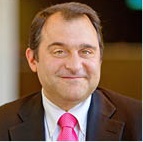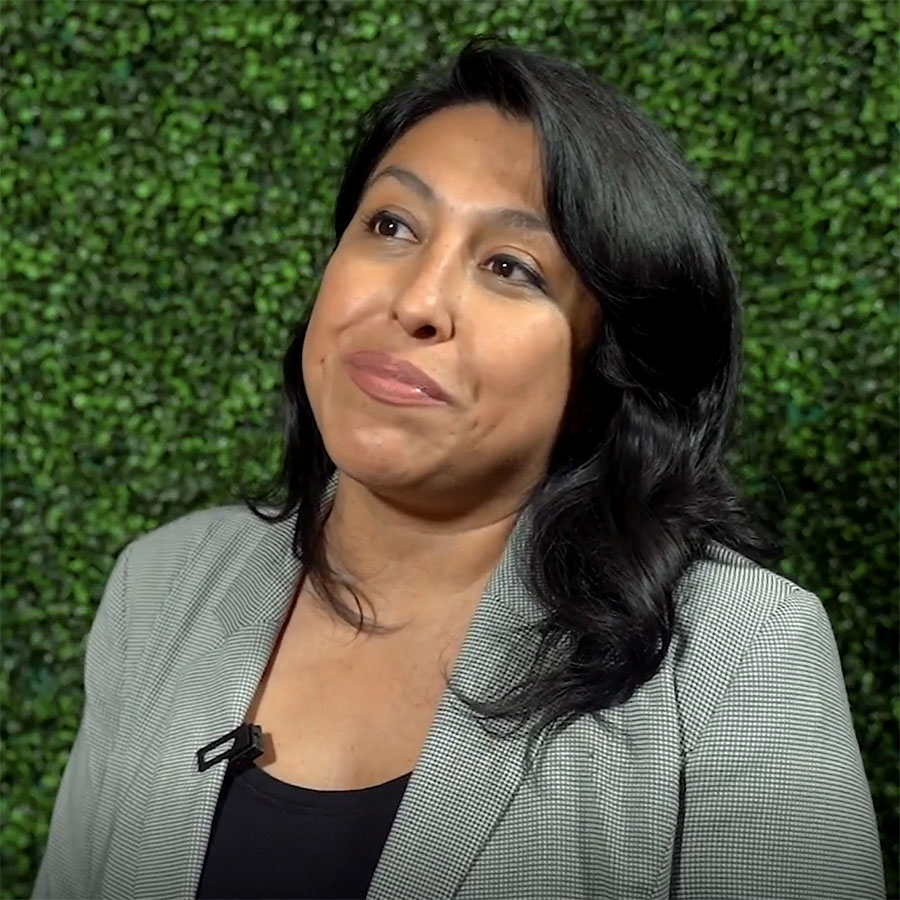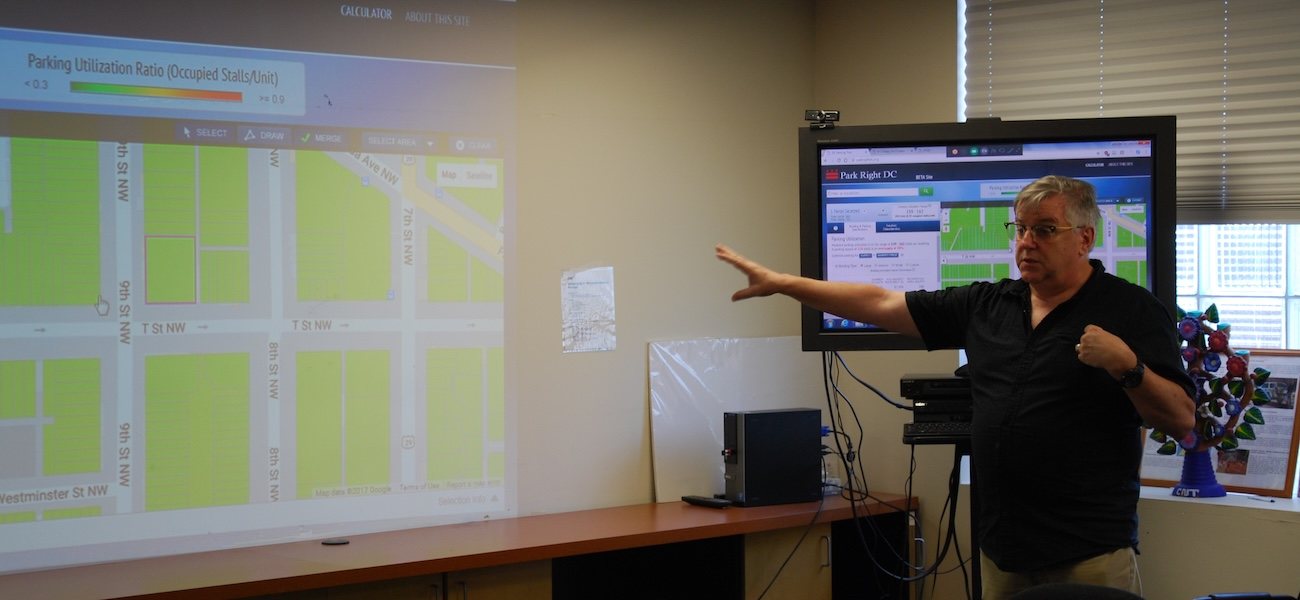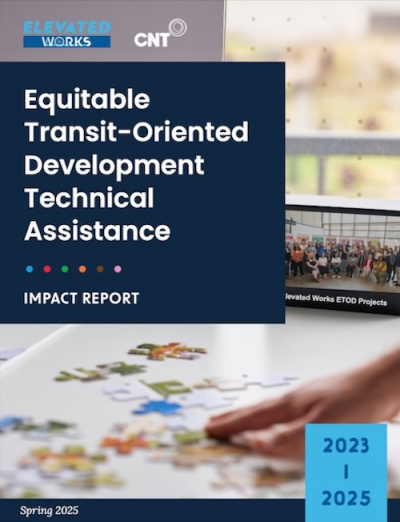By Adam Hecktman, Microsoft
You don’t have to be a technology expert, or even more than a casual observer of technology, to know that data is everywhere, impacting every field, every industry, and just about every aspect of life.
The recent advances in cloud computing power and the proliferation of sensor technology have incredible potential to help humans in terms of what they are capable of. With the acceleration of the collection, storage, and analysis of data at unprecedented scale, speed, and depth, it is now possible to find correlations that used to be too small to detect and discern the inner workings of systems that have been far too complicated to comprehend. Accordingly, this enables rapid advances in healthcare, robotics, genomics, materials sciences, engineering, and…civic technology.
Civic technology (civic tech) is about applying technology for the public good. It is broadly about applying these methods to making cities work better, to make city services more accessible and equitable, and to help make sure residents and governments can work together to achieve their civic priorities. A number of groups have formed in Chicago in support of civic tech. ChiHackNight, for example, is an 5+ year old group of developers, designers, data folks, and others who use open data from the City of Chicago, the State, the County, to build useful solutions for the city’s residents.
CNT’s Urban Sustainability Tech Challenge is taking efforts like these to the next level through “Rapid Prototyping in the Public Interest”, an intensive method to build new urban solutions that address economic and environmental sustainability challenges using data and a delivery system that makes it useful. Rapid prototyping is a method used in business that streamlines the development process to create a Minimum Viable Product (MVP). The process uses strategic simulations to demonstrate the tool’s functionality without finalizing its design to ensure that it truly addresses its market and allow for modifications without a great loss of time and money.
CNT convened a group of 12 volunteers who made a significant commitment: to meet weekly for four months in order to build a data-driven solution focused on urban sustainability. After much consideration, the group landed on the challenge of reusing vacant industrial land in the Chicago area for industrial purposes.
Land is a precious resource. On the one hand, the group noted lots of vacant land and underutilized industrial buildings carrying for a new use; on the other hand, it saw industrial buildings being repurposed into office and residential uses, shrinking the pool of available industrial sites.
CNT has already done groundbreaking analytic work on 15 factors that industry looks for when considering industrial sites. These include access to freight rail and expressways, accessible transit for the workforce, and similar nearby businesses. The Tech Challenge Cohort mashed this data with historical data on the sale of industrial properties in order to quantify the value of these various industrial characteristics. With access to the value of these individual characteristics, an industrial firm can discover the site components they need at the most affordable location.
While utilizing rapid prototyping to develop this new product, the Team has been meeting with local community development corporations to test out the goals and methods of the tool to sharpen its market connectedness. The Cohort’s efforts will culminate at CNT’s September 28 Sustain-a-City Celebration, when the group will unveil their rapidly-prototyped product and detail more of the development process.
We think that Rapid Prototyping in the Public Interest is an eminently replicable arm of civic tech that can be mobilized to solve many different social, environmental, and economic problems.
 Adam Hecktman is the co-founder of the Chicago City Data Users Group and Microsoft’s Director of Technology and Civic Engagement for Chicago. Tech giants, universities and government leaders turn to Adam for guidance on all matters technology, and he happily obliges, helping Chicago overcome challenges and capitalizing on new, exciting opportunities.
Adam Hecktman is the co-founder of the Chicago City Data Users Group and Microsoft’s Director of Technology and Civic Engagement for Chicago. Tech giants, universities and government leaders turn to Adam for guidance on all matters technology, and he happily obliges, helping Chicago overcome challenges and capitalizing on new, exciting opportunities.





 Strengthening Transit Through Community Partnerships
Strengthening Transit Through Community Partnerships